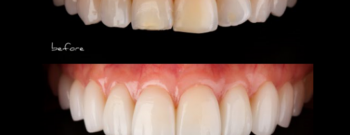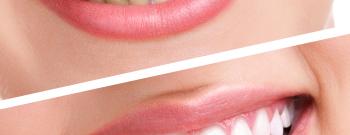
Fluoride is a natural mineral that builds strong teeth and prevents cavities. It’s been an essential oral health treatment for decades. Fluoride supports healthy tooth enamel and fights the bacteria that harm teeth and gums. Tooth enamel is the outer protective layer of each tooth.
Fluoride is especially helpful if you’re at high risk of developing dental caries, or cavities. Cavities occur when bacteria build up on teeth and gums and form a sticky layer of plaque. Plaque produces an acid that erodes teeth and gum tissue. If the plaque breaks down the enamel layer, bacteria can infect and harm the nerves and blood at the core of the tooth.
Read on to learn about fluoride treatment benefits, side effects, cost, and what to expect.
What happens during a professional fluoride treatment?
Dentists provide professional fluoride treatments in the form of a highly concentrated rinse, foam, gel, or varnish. The treatment may be applied with a swab, brush, tray, or mouthwash.
These treatments have much more fluoride than what’s in your water or toothpaste. They only take a few minutes to apply. You may be asked to avoid eating or drinking for 30 minutes after the treatment so the fluoride can fully absorb.
Always give your dentist your full health history so they can choose the right treatments for you.
How much does a fluoride treatment cost?
Insurance usually covers fluoride treatments at the dentist for children. Adults, however, may pay $10 to $30 out of pocket, or more. Always ask your dentist about costs before treatment.
How much fluoride do you need?
The American Dental Association (ADA) recommends a professional fluoride treatment at your dentist’s office every 3, 6, or 12 months, depending on your oral health. If you’re at high risk for cavities, your dentist may also prescribe a special fluoride rinse or gel to use regularly at home.
The following can increase your risk of cavities:
excessive drug or alcohol use
eating disorder
poor oral hygiene
lack of professional dental care
poor diet
dry mouth, or decreased saliva
weak ename











